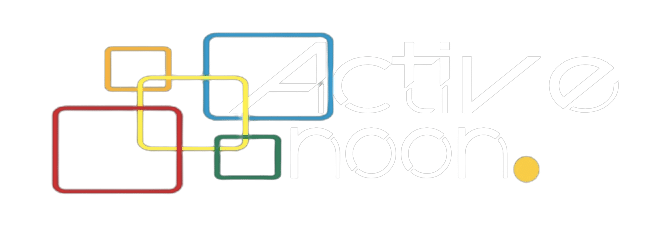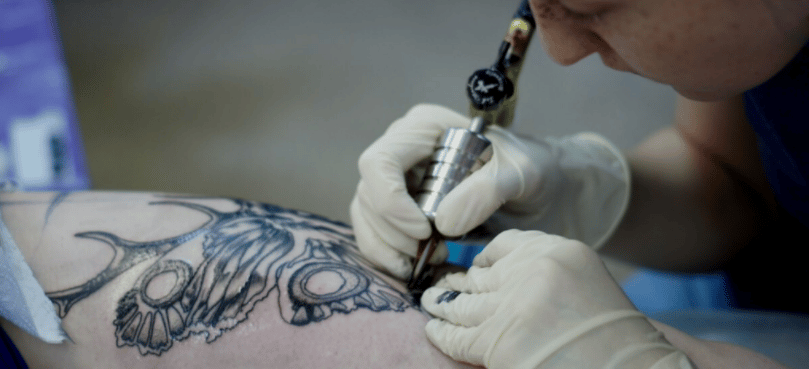Major bank collapses like the Silicon Valley Bank can have a tremendous impact on the job market as well as the economy. These far-reaching issues can impact daily life and futures, dashing hopes for millions in the country and around the world.
We spoke to an expert in the industry to find out how major bank collapses can impact your job and how to best position yourself in the job market should the worst happen.
Does the Banking Crisis Impact Your Job?
According to Michelle Masters, careers expert at Professional Resume Writers, major bank collapses can have “far-reaching consequences, including job losses and reduced hiring… In the wake of such events, companies may be more cautious about their hiring and expansion plans, leading to reduced job opportunities for job seekers.”
Because of fears of expansion and growth, many companies will change the way they work when major banks collapse. If this were to happen, there would be unspeakable consequences for the economy and jobs and a domino effect that would grow.
How Are So Many Jobs Affected When Banks Collapse?
Bank collapses not only hurt personal finances in the form of damaging people’s investments and retirement funds – businesses are hit hard, too. These collapses often lead to less spending across the whole economy. As a result, wages, as well as jobs, can be suppressed. Laying off employees can become commonplace, as can implementing hiring freezes to prevent businesses from going under.
In times like these, what can you do to give yourself the best possible chance of getting back on your feet again and navigating the world of job hunting? According to our leading expert, having a “strong resume and professional network” can make a huge difference.
How to Be Proactive in Preparing for Job Losses
Being proactive in preparing for a job loss can come in many forms. However, this is often overlooked when dealing with the issue. All too often, we prefer to bury our heads under the sand and pretend that a problem doesn’t exist – but that doesn’t make it go away.
Take action and be proactive, and you might just see results a lot quicker than you could imagine when the day finally comes.
Build a Strong Network
You should aim to build a network long before you lose your job. While you still have a job, be present and build relationships with others. Meet people in the field, or even in different fields, and get talking.
Use social media, too. Sites like LinkedIn are fantastic for building virtual networks all around the world. You can learn so much, and build relationships with all kinds of people who may be able to help you in the future.
Make Sure Your Resume is Up-to-Date
You should be updating your resume quarterly to keep everything up to date with everything that you are learning. This is also an excellent way to find out if your job is stagnating. If you have nothing to add to your resume time after time, you’re learning something.
Take Steps to Prepare for Unemployment
Pay off the debts you can and put away emergency funds. You might want to cut back on unnecessary spending if there is any and put that money towards something crucial – whatever that might be.
Always Keep One Eye on Job Postings
Even if your job isn’t at risk, knowing what skills are marketable will always be beneficial. That way, if the day does come, you will already have an idea of what you should know to have a good chance of getting another job.
Summary
Bank collapses undoubtedly have a strong impact on many of our working lives. These impacts bleed into our personal lives and beyond. However, there are things that you can do to position yourself as best you can for the uncertainty of the future.
Being proactive and building a strong resume is crucial. In the words of Michelle Masters, an expert at Professional Resume Writers, “During times of economic uncertainty, having a strong resume and professional network can make all the difference in securing a new job.”
Relaed: The Role of Online Banking in Improving Financial Inclusion



















Leave a Reply